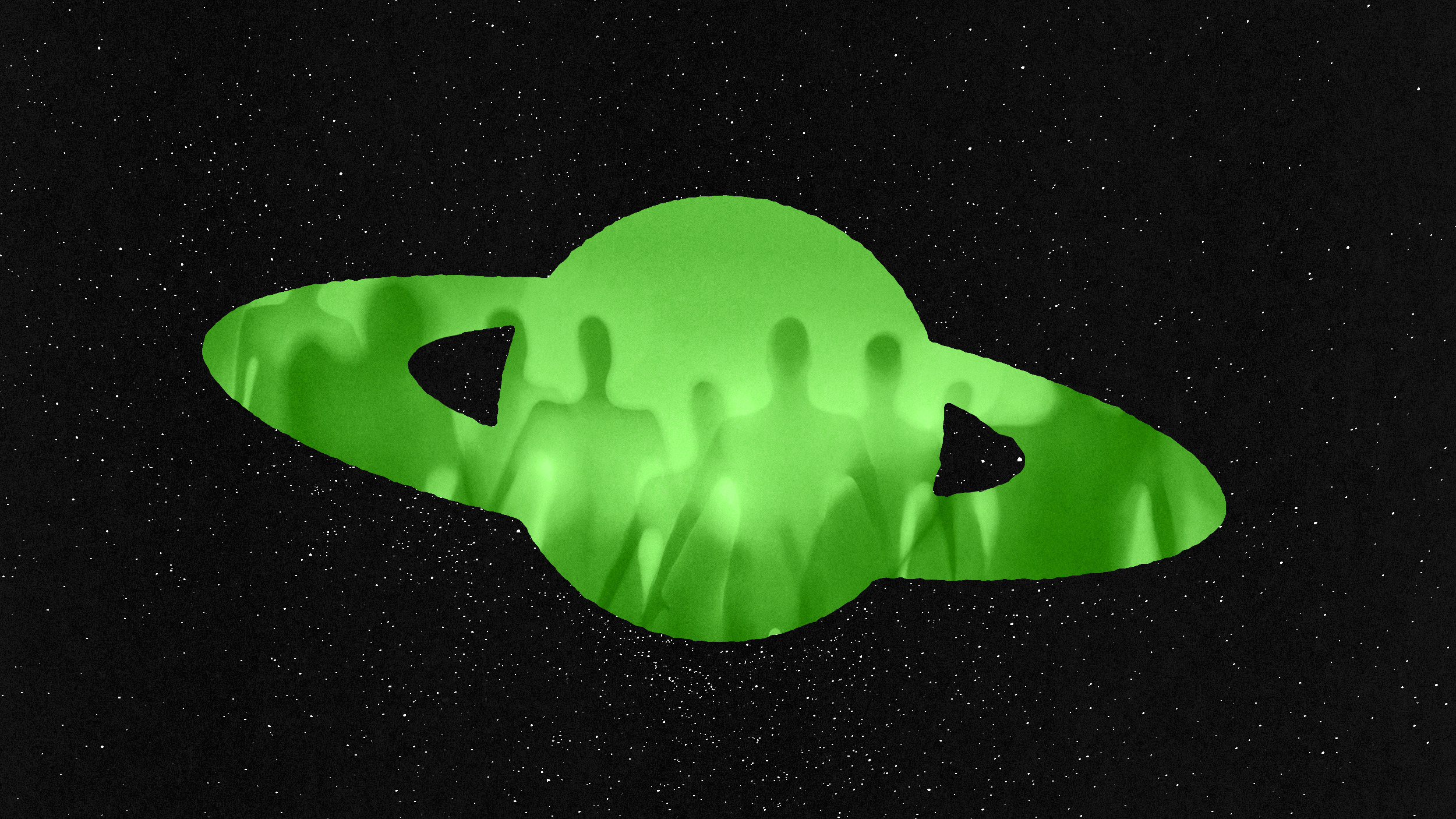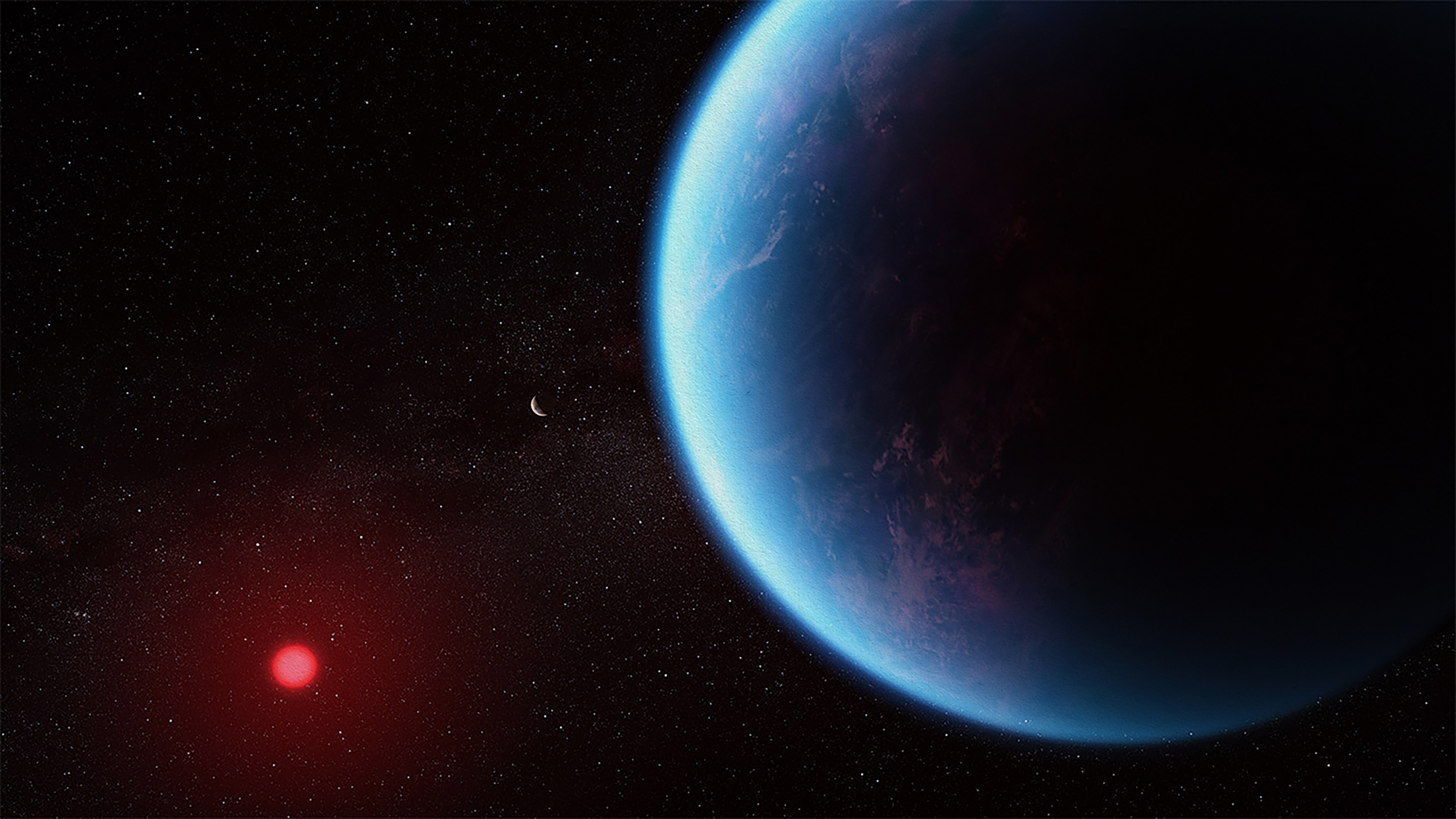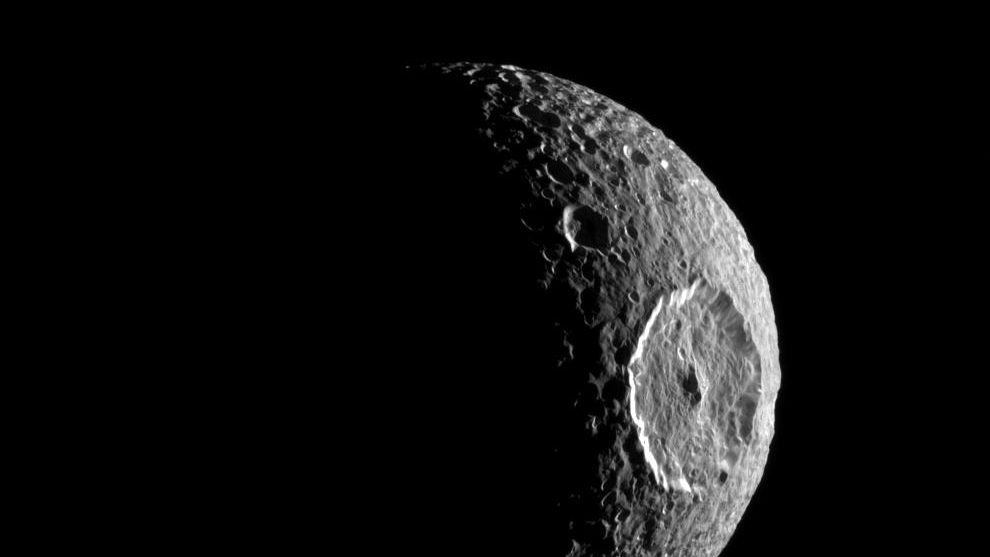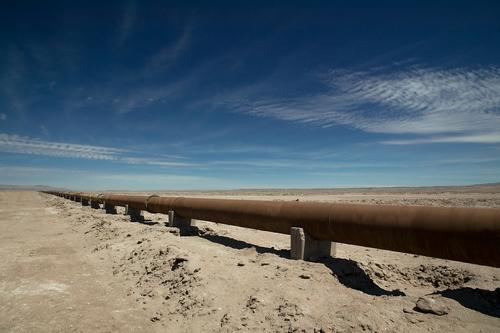How to Find Other Habitable Planets

What’s the Latest Development?
The rate of discovering planets outside our solar system is speeding up. At current rates, we will have found thousands by 2020. A team of astrobiologists has proposed a guide for identifying habitable planets: “First, there’s the Earth Similarity Index, which assesses a planet in terms of its Earth-like features. Second, there’s the Planet Habitability Index, which expands the planetary features under consideration to any that could conceivably support life, even if they’re far from what we find on Earth.”
What’s the Big Idea?
Most of the exoplanets we find are gas giants or bodies too close to their star to support life. And while cosmologists will concentrate their efforts on finding a planet similar to Earth, it is also possible that life exists elsewhere in a completely different form. “Habitability in a wider sense is not necessarily restricted to water as a solvent or to a planet circling a star. For example, the hydrocarbon lakes on Titan could host a different form of life.” In fact, Saturn’s moon Titan is more likely to host life than Mars.





